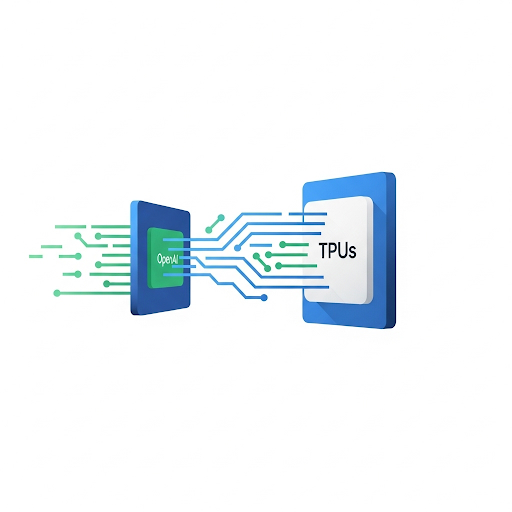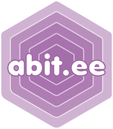OpenAI has announced a strategic partnership with Google to utilize Google's Tensor Processing Units (TPUs) for training and deploying its artificial intelligence models, marking a significant shift in the competitive landscape of AI technologies.

G. Ostrov
OpenAI, the creator of the popular ChatGPT chatbot, has announced it will begin using Google's Tensor Processing Units (TPUs) for training and deploying its artificial intelligence models. This decision represents a significant strategic shift, considering the competitive relationship between the companies in the generative AI space.
Partnership Details
According to OpenAI's statement, the company plans to integrate Google TPUs into its infrastructure to improve the efficiency of training large language models. Google's tensor processors, specifically designed for machine learning tasks, promise to provide OpenAI with additional computational power and potentially reduce model training costs.
This move is particularly noteworthy as OpenAI has traditionally relied on NVIDIA graphics processors for its computational needs. Diversifying the hardware platform could help the company reduce dependence on a single supplier and gain access to different processor architectures.
TPU Technical Advantages
Google's tensor processors are optimized specifically for tensor operations, which form the foundation of most machine learning algorithms. TPUs provide high performance for matrix operations and can offer better energy efficiency compared to traditional GPUs.
Using TPUs may allow OpenAI to accelerate the training process of new models and reduce response times for existing services. This is particularly important given the growing demand for AI services and the need to scale infrastructure.
Impact on the AI Market
The partnership between OpenAI and Google Cloud represents an interesting dynamic in the artificial intelligence industry. Despite Google developing its own competing AI products such as Bard and Gemini, the company is willing to provide its infrastructure even to direct competitors.
This decision may signal that Google Cloud is seeking to strengthen its position in the cloud computing market by attracting major clients regardless of the competitive situation in AI products.
Development Prospects
Analysts note that such partnerships could mark the beginning of a broader trend of cooperation between competing AI companies at the infrastructure level. The separation between AI model development and computational resource provision could lead to new forms of cooperation in the industry.
For users, this partnership could mean improved performance and stability of OpenAI services, as well as potential cost reduction for accessing AI technologies in the long term.
More details about the partnership can be found in the original article on Habr.
In case of any problems, contact us, we will help quickly and efficiently!




